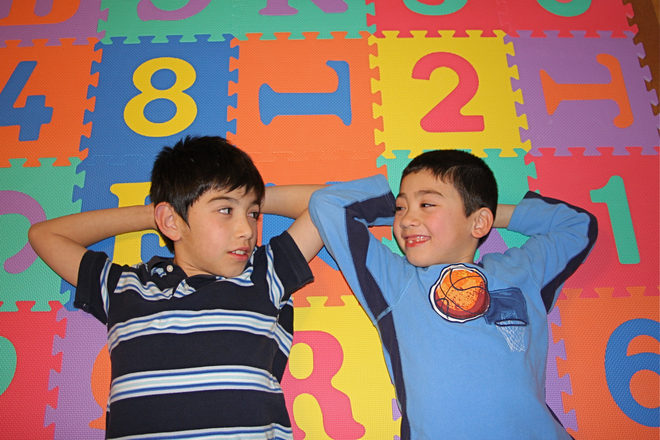February 5, 2016
 Dr. Avidan Milevsky presented on the topic of siblings at an Allies in Prevention Coalition meeting in 2013, and will serve as the Keynote Speaker at this year’s Allies in Prevention Awards in April. (Nominations for the award are open and must be submitted by February 12th.) Dr. Milevsky’s recent article for The Huffington Post brings to light an interesting aspect of China’s recent decision to allow multiple births — how might the sibling dynamic change a society?
Dr. Avidan Milevsky presented on the topic of siblings at an Allies in Prevention Coalition meeting in 2013, and will serve as the Keynote Speaker at this year’s Allies in Prevention Awards in April. (Nominations for the award are open and must be submitted by February 12th.) Dr. Milevsky’s recent article for The Huffington Post brings to light an interesting aspect of China’s recent decision to allow multiple births — how might the sibling dynamic change a society?
…In addition to the new policy’s impact on health, child welfare, and the broader economy, this new shift will offer the Chinese people a life-long gift that will transform their families and society in profound ways. Children born any time after the policy was implemented in 1980 were lacking an irreplaceable component of healthy childhood socialization: siblings.
As a steady, international body of research is showing, growing up with siblings offers children a matchless context in which they learn about relationships, social engagement, sharing, ownership, identity, conflict resolution, and problem solving.
The first microcosm of a complementary relationship exists with a sibling. Siblings constantly competing for attention, resources, and space offer each other a great milieu to begin learning about the world. During the course of the day, children find themselves in countless basic social situations with their siblings that can offer them a training ground for working on social and emotional development. For example, a fight about a toy, which to parents may seem like an annoyance, is actually a training ground for children to learn about property ownership, respect, self-control, and conflict resolution.
What happens in the sibling relationship is the catalyst for all future social engagements. When children talk, yell, fight, interact, share, and play with their sibling they are developing vital social understanding. These early competencies learned from growing up with a sibling will have lifelong consequences. Studies have suggested that sibling closeness in childhood is linked with social-emotional understanding, cognitive abilities, and psychological adjustment. During adolescence, sibling closeness contributes to healthy identity formation and minimization of teen problems. In adulthood, siblings may offer shared responsibility/negotiation over aging parent care, and sibling warmth is linked with well-being and successful aging. Bringing all these findings together makes it quite obvious that siblings offer a fundamental and unrepeatable life provision.
Considering the important life-long lessons we learn from our siblings about relationships, social engagement, sharing, ownership, identity, conflict resolution, and problem solving I wonder how growing up with a sibling will impact the broader Chinese society. How will growing up with a sibling impact Chinese public and international policy in the future? [Continued…read the complete article by Dr. Milevsky on The Huffington Post here.]
We look forward to hearing more from Dr. Milevsky at the 2016 Allies in Prevention Awards this April. Nominations for this year’s awards are still open! Learn more and download the official nomination form here.
